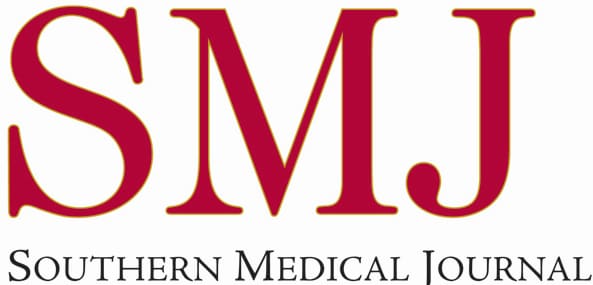Abstract and Introduction
Abstract
Objectives: Acknowledging that a successful career in hospital medicine (HM) requires specialized skills, residency programs have developed hospital medicine–focused education (HMFE) programs. Surveys of Internal Medicine residency leaders have described HMFE curricula but are limited to that specialty and lack perspectives from early career hospitalists (ECHs) who recently completed this training. As such, we surveyed multispecialty ECHs to evaluate their preferences for HMFE and to identify gaps in standard residency training and career development that HMFE can bridge. The objectives of our study were to describe multispecialty ECH needs and preferences for HMFE and to identify gaps in standard residency training and career development that HMFE can bridge.
Methods: From February to March 2021, ECHs (defined as hospitalists within 0–5 years from residency) were surveyed using the Society of Hospital Medicine's listserv. Respondents identified as having participated in HMFE or not during residency (defining them as HMFE participants or non-HMFE participants).
Results: From 257 respondents, 84 (33%) ECHs met inclusion criteria. Half (n = 42) were HMFE participants. ECHs ranked clinical hospitalist career preparation (86%) and mentorship from HM faculty (85%) as the most important gaps in standard residency training and career development that HMFE can bridge. Other key components of HMFE included exposure to quality improvement, patient safety, and high-value care (67%); provision of autonomy through independent rounding (54%); and preparation for the job application process (70%).
Conclusions: Multispecialty ECHs describe HMFE as positively influencing their decision to pursue a hospitalist career and increasing their preparedness for practice. HMFE may be particularly well suited to foster advanced clinical skills such as independent rounding, critical thinking, and self-reflection. We propose an organizing framework for HMFE in residency that may assist in the implementation and innovation of HMFE programs nationwide and in the development of standardized HMFE competencies.
Introduction
Hospital medicine (HM) is a career destination accessible from multiple different residency training pathways, and an increasing number of generalists are pursuing HM careers.[1,2] This trend underscores the need for effective, updated programming within residency to prepare trainees for HM practice. Although recent changes in the Accreditation Council for Graduate Medical Education Internal Medicine milestones separate some clinical skills by inpatient and outpatient domain (eg, Patient Care Milestones 4 and 5), a successful career as an academic hospitalist may require additional skills that are not emphasized in traditional graduate medical education (GME).[3–5] Moreover, adult HM does not require fellowship training to enter the specialty (unlike Pediatric HM), further highlighting the importance of developing comprehensive training for HM careers in residency.
Recognizing this gap, some residency programs have developed HM-focused education (HMFE) curricula as electives, rotations, and/or longitudinal tracks.[6–9] Existing programming has been described using surveys of residency and HMFE faculty leaders, but lacks the valuable insights and reflections of trainees or early career hospitalists (ECHs).[10,11] The perspectives of ECHs with recent exposure to HMFE are important for informing curricular design, yet their voices are currently missing in the conversation.
As such, we surveyed multispecialty ECHs to identify needs and preferences for HMFE and to evaluate gaps in standard residency training and career development that HMFE can bridge. We then synthesized these data with existing research to create an organizing framework for HMFE in residency as a tool for medical educators and hospitalist leaders tasked with implementing or improving HMFE curricula at their institutions and as groundwork for developing standardized HMFE competencies.
South Med J. 2023;116(9):739-744. © 2023 Lippincott Williams & Wilkins







